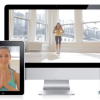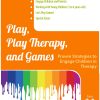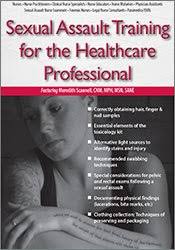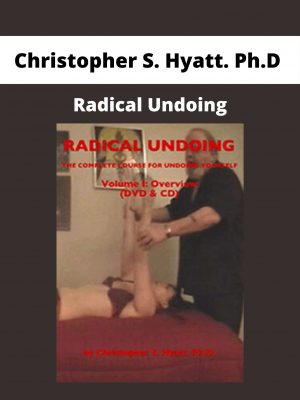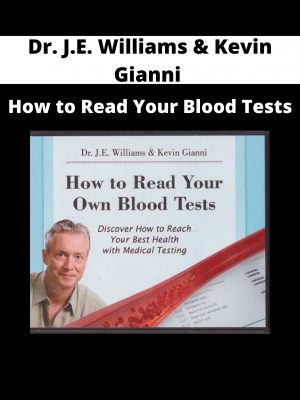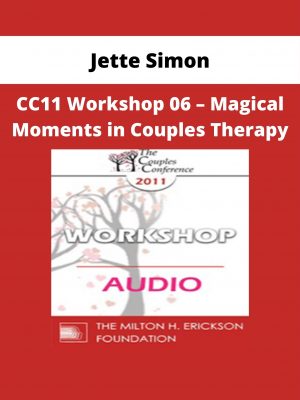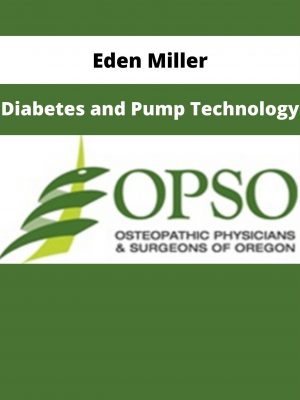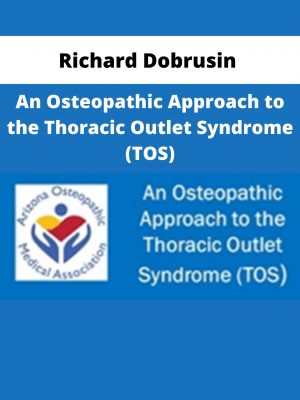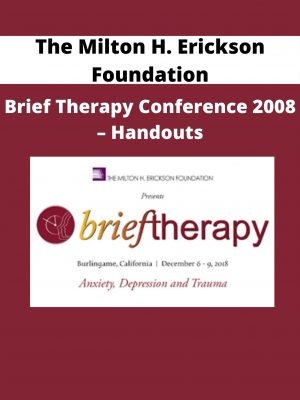Colleen Pedrotty – Sexual Assault Training for the Healthcare Professional
$219 Original price was: $219.$62Current price is: $62.
Shopping Instructions:
- DISCOUNT 15% : SHOP15
- Product Delivery: Within 1 – 12 hours after purchase.
Available for Pre-Order. This product will be available within a few days.
Colleen Pedrotty – Sexual Assault Training for the Healthcare Professional
Key Medical Considerations for a Sexual Assault Victim
- Assess for acute trauma
- Determine healthcare team members to be involved
- Medical examination
- Lab work to order
- Medications: Post-Exposure Prophylaxis (PEP), Plan B, tetanus, hepatitis B vaccine, antiemetic, pain relief
Compassionate Psychosocial Care
- Techniques for the emotional support needed for these patients
- Symptoms may include: anger, fear, anxiety, physical pain, sleep disturbance, anorexia, shame, guilt, PTSD, depression, or anxiety
- A chaperone or advocate should be present during the evaluation
- Mandatory reporting: All children, disabled persons, elderly
Legal and Forensic Responsibilities
- Video exam of patient who has been sexually assaulted
- Consent
- Taking the history of the assault
- Toxicology
- Head-to-toe assessment
- Oral trauma exam and evidence collection
- Fingernail samples
- Bite marks
- Photographs
- Common site of genital trauma
- Vaginal exam and evidence collection
- Penile exam and evidence collection
- Anorectal exam and evidence collection
- Terms to use for documenting injuries
Hands-on Skill Stations
(There are seven scenario-based skill stations where you can actively learn and safely practice the principles of evidence collection. Afterwards, Meredith will discuss and illustrate the best practices for each scenario/station.)
- Skill Station 1: Review of evidence collection kit and paperwork
- Skill Station 2: Hair, finger & nail samples
- Skill Station 3: Toxicology kit
- Skill Station 4: Oral assault with additional swabs
- Including alternative light source (ALS) such as a woods lamp to identify stains and injury
- Swabbing techniques
- Skill Station 5: Review of bite mark lacerations and additional injuries
- Skill Station 6: Pelvic and rectal exams
- Proper use of speculum with sterile water
- Evidence collection techniques of foreign body – the importance of time frames for evidence collection
- Skill Station 7: Clothing collection
- Techniques of preserving, packaging and documenting
- Practice chain of custody/police reposing
Simulation and Debriefing
(Simulation experience is an essential aspect of developing communication skills to gain an understanding of the communication, health promoting and disease prevention measures.)
- Skills to optimize communication during a high stress time
- Medical clearance
- Administration of HIV PEP
- Administration of STI prophylactic medications
- Discussion on Plan B option
- Psychological supports: Social worker, after care clinic and follow-up
- Patient who refuses evidence collection
- Legal aspects of law enforcement, forensic exams and drug facilitated assault/toxicology kits
Special populations (includes case studies)
- Elderly assaults
- Mentally disabled
- Children
- Drug facilitated assaults
- Human trafficking
Would you like to receive Colleen Pedrotty – Sexual Assault Training for the Healthcare Professional ?
Description:
- Correctly obtaining hair, finger & nail samples
- Essential elements of the toxicology kit
- Alternative light sources to identify stains and injury
- Recommended swabbing techniques
- Special considerations for pelvic and rectal exams following a sexual assault
- Documenting physical findings (lacerations, bite marks, etc)
- Clothing collection: Techniques of preserving and packaging
Sexual assault is a major public health problem. Patients who have been sexually assaulted have complex medical, psychological and forensic needs. Colleen Pedrotty, MSHA, MSN, RN, CEN, SANE, will highlight the essential things you MUST know when it comes to caring for sexually assaulted patients. These oftentimes highly traumatic situations require comprehensive care, consisting of a health and history assessment, prophylactic treatment for sexually transmitted infections, HIV post-exposure prophylaxis, pregnancy prophylaxis, forensic evidence collection, psychological follow-up and appropriate referrals to law enforcement based on the patient’s needs.
This engaging program is going to drive home important information through skills stations and case-based learning activities. You are guaranteed that this course will be so much more than just listening to a presenter lecture. You will gain unforgettable, new insights for the sexually assaulted patients who you encounter in practice through creative and interesting learning opportunities.
Related products
HEALTH & MEDICAL
KettleWorX – 8 Week Rapid Evolution Advanced Set with Alex Isaly
HEALTH & MEDICAL
HEALTH & MEDICAL
Dr. J.E. Williams & Kevin Gianni – How to Read Your Blood Tests
HEALTH & MEDICAL
Regina Meredith – Conscious Media Network with Regina Meredith – Eric Pearl on The Reconnection
HEALTH & MEDICAL
CC11 Workshop 06 – Magical Moments in Couples Therapy – Jette Simon
HEALTH & MEDICAL

